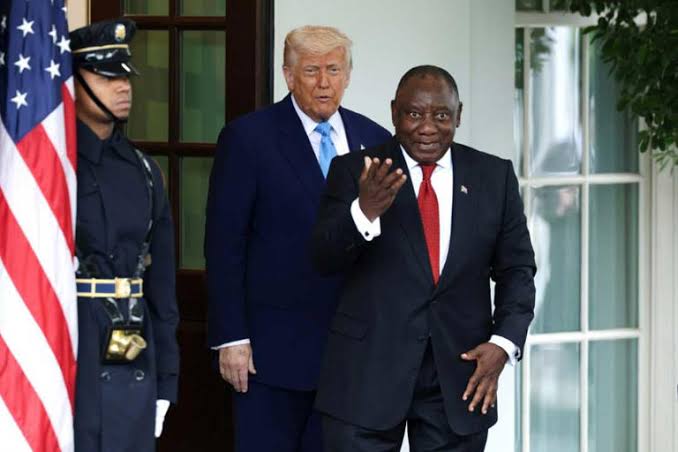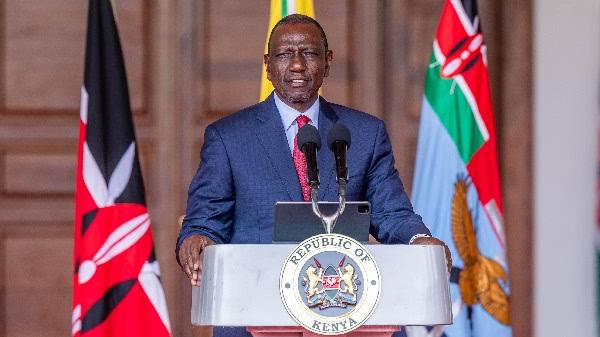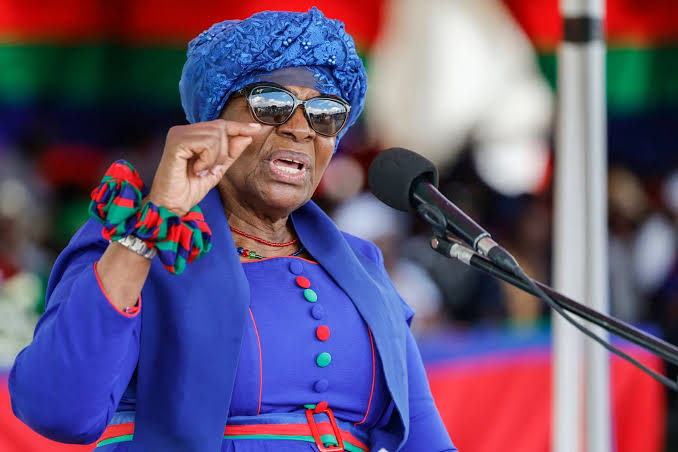
Faith Nyasuguta
Namibia’s President, Netumbo Nandi-Ndaitwah, has made a powerful appeal for reparative justice as a means to address the historical and ongoing injustices suffered by African women. Speaking during the 63rd Pan-African Women’s Day celebrations held in Windhoek, she emphasized that the legacies of slavery, colonialism, apartheid, and imperialist exploitation have disproportionately impacted African women, and these harms demand deliberate redress.
The president pointed out that women across the continent continue to suffer from gender-based violence, economic exclusion, and limited access to education and healthcare. To change this, she argued, African nations must embrace reparative frameworks that not only acknowledge past wrongs but also create tangible opportunities for empowerment and healing. Reparative justice, in her view, is not about charity – it’s about restoring dignity and correcting deeply rooted systemic damage.
Namibia, she noted, began taking steps in this direction nearly two decades ago. In 2006, its Parliament passed a motion urging Germany to recognize the genocide it committed during its colonial rule and to offer proper reparations. The genocide, which occurred between 1904 and 1908, saw German forces kill over 75,000 people from the Herero and Nama communities, making it the first genocide of the 20th century.
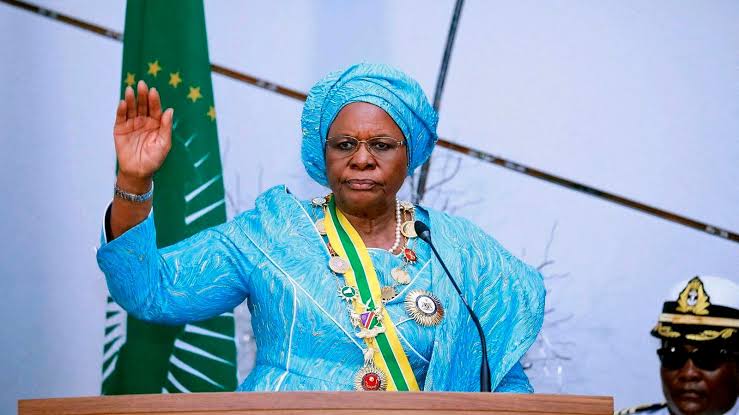
While Germany eventually acknowledged the genocide and proposed a 1.1 billion euros package spread over 30 years, many Namibians – including affected communities – have rejected the offer as inadequate. Critics argue the deal lacks direct compensation and does not fully reflect the scale of suffering endured.
Earlier this year, Namibia marked its first official Genocide Remembrance Day on May 28. During the commemoration, President Nandi-Ndaitwah reiterated her government’s commitment to continuing talks with Germany and ensuring that any outcomes center the voices and demands of the impacted communities. The remembrance day also highlighted the broader need for historical accountability and justice in Africa.
But her message in Windhoek went beyond Namibia’s own history. She called on African governments, civil society, and international institutions to take seriously the urgent need to repair the damage done to African women across the continent. She urged nations to ratify and implement African Union gender protocols and invest in education, mental health, and economic opportunities for girls and women. According to her, women’s organizations must be at the forefront of this push, advocating for policy change and grassroots empowerment.
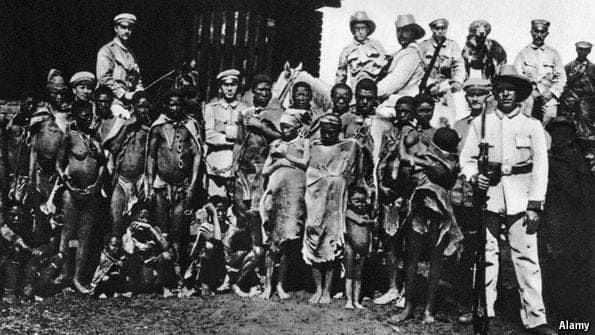
She also expressed firm solidarity with the Saharawi people, calling on the United Nations to fulfill its resolutions regarding Western Sahara’s right to self-determination. This, she said, is part of a broader Pan-African commitment to justice and liberation for all African peoples.
President Nandi-Ndaitwah’s speech resonated with the theme of the African Union’s 2025 campaign: “Justice for Africans and People of African Descent Through Reparations.” Her words reminded the continent that for true liberation to be achieved, the wounds of the past must be acknowledged – and actively healed. For African women, who have carried much of the burden, reparative justice is not just overdue – it’s essential.
RELATED:






